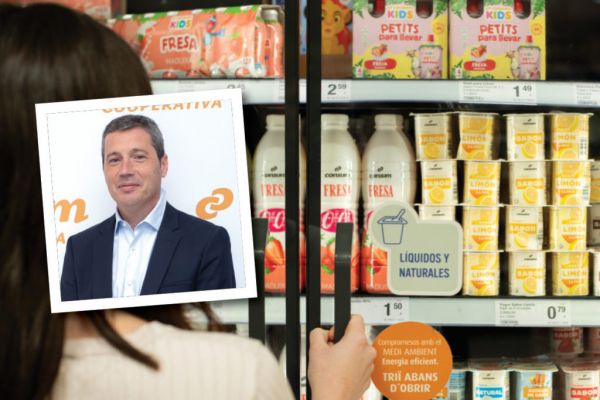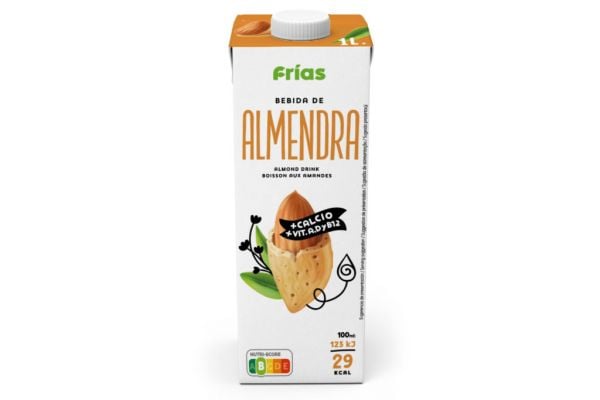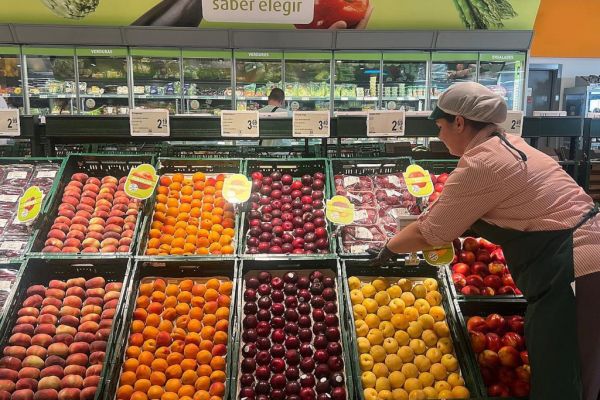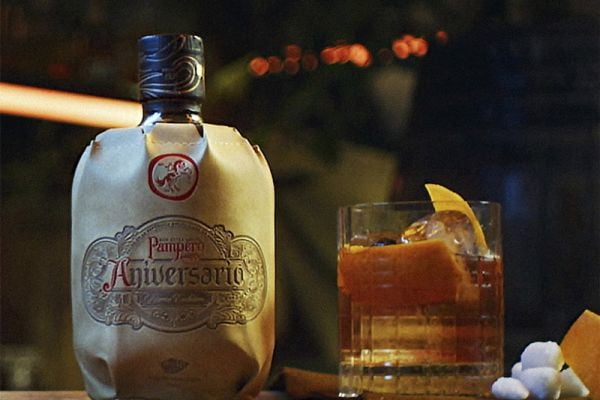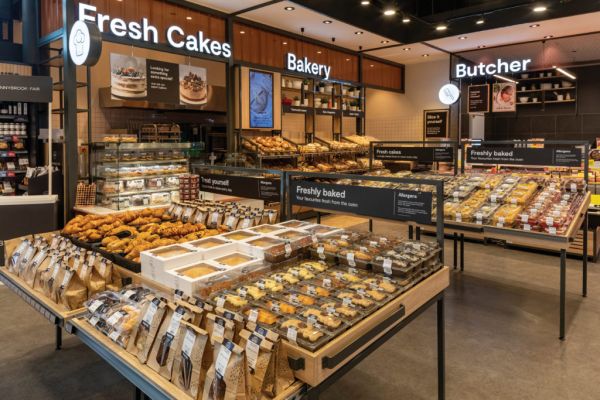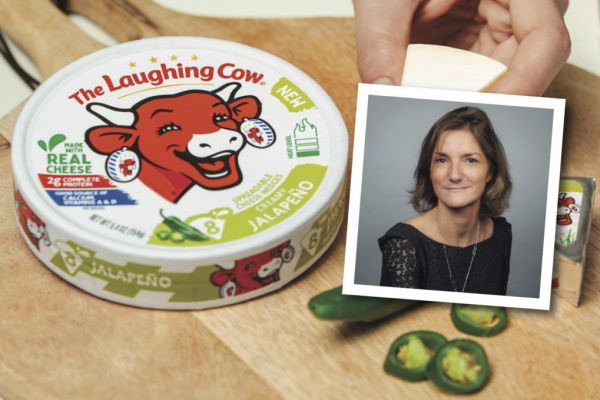In the May/June 2024 edition of ESM, we spoke to several prominent operators across Europe about how they are enhancing their private-label offerings, including Ricardo Marí, Director Of Consumer-Partner Marketing, Consum.
What recent trends in private label have you observed in your business, and in the market in general?
In recent years, due to the economic situation, we have seen that customer behaviour has changed when it comes to making purchases.
Customers go shopping more often and fill the trolley less – they are much better at organising their budget, and have significantly increased the amount of lower-priced products they buy, including own-brand products.
As a result, we have a shopping basket in which the number of units is lower and the share of own-brand products is higher. Customers are more sensitive to offers and promotions, without neglecting quality, of course. We believe this change is here to stay.
Here at Consum, we base our model on local supermarkets, where people are able to choose between a wide range of brands and where high-quality fresh and retail products are available. We believe that proximity is a value now and in the future.
Our range exceeds 15,500 products, of which 86% are from leading or regional brands, but the cooperative also maintains high standards in terms of the quality, design and competitiveness of its own brand, consisting of more than 2,000 products.
Most European countries have seen a reduction in inflation in recent months. Do you think that this will affect the purchase of private labels, as brands become more competitive?
I think the customer, as I mentioned, does their shopping more mindfully, both in terms of the selection of products and in managing their budget. We are sensitive to the current economic situation.
We are present in more than 3.7 million households, who received more than €60 million in discounts and gift vouchers in 2023, thanks to our Mundo Consum loyalty programme.
In which categories did private labels perform particularly well in the last year, and why?
In our case, we can talk about the evolution and acceptance of our own brand, and this tells us that it is very highly regarded by customers because of its quality, sustainability and price. More than 30% of our sales are on major consumer goods.
Over the last year, the own-brand range has been revamped, taking into account the premises of quality, sustainability and health, and thanks to the involvement and collaboration of partner-customers in the reformulation processes and launch of our products.
Notable new developments include the reformulation of the protein desserts range, with a creamier texture and increased intensity of flavours – 13 new ice-cream products have been incorporated. In addition, the range of chocolates has been updated and expanded.
Own-brand products are traditionally divided into three levels: value, standard and premium. Which of these has seen the biggest increase for you, and why?
At Consum, we don’t apply different levels of quality to own-brand products, in line with this classification. We strive to ensure all our products are of a high quality, and we remain focused on continuing with that commitment and improving it, where possible.
This process rests on four teams: the quality team works actively with partner-customers through product tastings, consumer use tests, expert panels, and technical and analytical testing in laboratories; the customer relations team seeks to identify needs and expectations in relation to the different products and services; the own-brand product design team is responsible for presentation on the shelves; and the procurement team looks for the appropriate supplier to develop the product.
Thanks to the coordination of these four teams of people, more than 1,000 products have been tested over the last year, and more than 130 improvements have been made in eco-design.
What opportunities do you see for retailers in maximising the growth of private label in the coming years?
Recent years have highlighted the importance of collaboration and resilience within the supply chain, the value of fresh and local products, and the positive impact of working alongside local suppliers in all the regions we operate in. Over the next few years, we will continue to foster a cooperative relationship with our suppliers to respond to customer demand for quality own-brand products at affordable prices.
We have seen a slight reduction in innovation by suppliers – not due to a lack of will, but because of difficulties in sourcing raw materials due to the impact of the geopolitical situation and weather conditions. We believe that when the situation is rectified, innovation and sustainability will be one of the cornerstones in working with suppliers.
